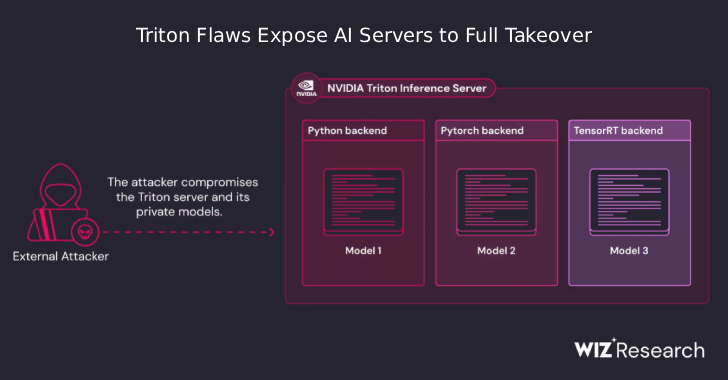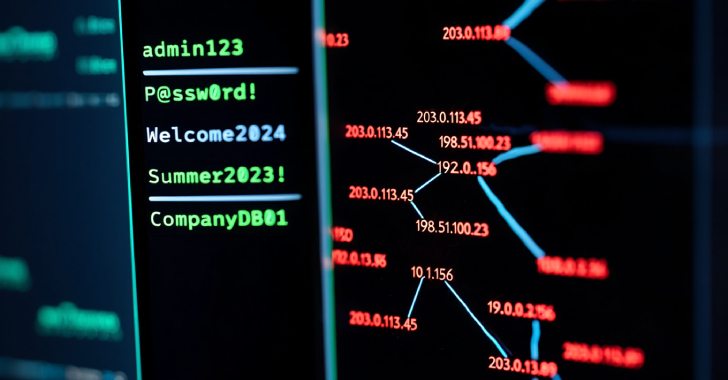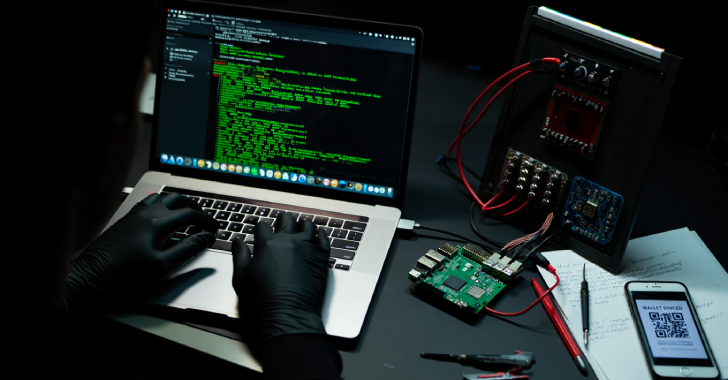
Frequently Asked Questions About CJIS Compliance
In the world of digital information and security, compliance standards are of paramount importance. One such standard, relevant for criminal justice and law enforcement agencies, is CJIS (Criminal Justice Information Services) Compliance. With the increasing need for robust cybersecurity and information protection, understanding CJIS is essential for agencies and businesses alike. This article delves into some frequently asked questions to shed light on the topic.
1. What is CJIS?
CJIS stands for Criminal Justice Information Services. It’s a division of the U.S. Federal Bureau of Investigation (FBI) responsible for the collection, storage, and distribution of critical criminal justice information. Established in 1992, CJIS provides state-of-the-art tools and services to law enforcement and agencies around the nation.
2.What is CJIS Compliance?
CJIS Compliance refers to meeting the security requirements outlined by the CJIS Security Policy. These standards aim to protect the transmission, storage, and generation of CJI (Criminal Justice Information). This includes everything from fingerprints and criminal histories to other personal information related to law enforcement activities.
3.Who needs to be CJIS compliant?
Any agency or private entity that accesses, transmits, or stores CJI must be CJIS compliant. This isn’t limited to law enforcement agencies. It also includes entities such as IT contractors, cloud providers, and other vendors working with criminal justice agencies.
4.What are the core requirements of CJIS compliance?
Though the CJIS Security Policy encompasses a wide array of protocols and standards, some fundamental aspects include:
Authentication: There are strict user authentication protocols that users must follow before accessing CJI.
Access Control: Limiting data access only to those who need it.
Audit and Accountability: Keeping logs and being accountable for every access or modification of CJI.
Incident Response: Having a structured plan and strategy to handle potential security breaches.
Training: Ensuring all personnel with CJI access are trained in security awareness.
5.Is CJIS compliance the same across all states?
While the federal CJIS Security Policy serves as a standard guideline, states might have their additional requirements or protocols. It’s crucial to understand both the national policy and any state-specific rules when aiming for compliance.
6.What are the penalties for non-compliance?
Non-compliance can result in penalties, including limited or revoked access to CJI databases. This can significantly hinder the operational capacity of an agency. In some cases, there can also be legal repercussions or fines, especially if non-compliance results in a data breach.
7.How often is the CJIS Security Policy updated?
The CJIS Security Policy undergoes periodic reviews and updates to stay relevant with evolving technology and cyber threats. While there isn’t a strict timetable for these updates, it’s essential to keep abreast of any changes to remain compliant.
8.How can an agency or entity ensure they remain compliant?
Several strategies can help maintain CJIS compliance:
Regular Training: Ensuring that all personnel are well-versed with CJIS requirements.
Audits: Conducting internal and external audits can identify vulnerabilities or areas of non-compliance.
Up-to-date Technology: Using modern, secure systems and technologies can aid in safeguarding CJI.
Partnering with CJIS-compliant vendors: When outsourcing services, ensure that third-party vendors are also compliant.
9.Does using cloud storage affect CJIS compliance?
Yes, but that doesn’t mean cloud storage is off-limits. It simply means that if an agency or entity uses cloud storage for CJI, they must ensure that the cloud service provider adheres to CJIS security requirements.
10.Is CJIS compliance only relevant for U.S. agencies?
While CJIS is a U.S.-based standard, the principles of robust data protection are universal. International entities working with U.S. law enforcement or criminal justice agencies may need to be familiar with and adhere to CJIS compliance.
Conclusion
CJIS Compliance isn’t just about checking off a list of requirements; it’s about ensuring the safety and security of critical criminal justice information. In a world where data breaches are increasingly common, adhering to such standards is not only a regulatory requirement but also a moral one. It ensures that personal information, law enforcement data, and other sensitive information are well-protected, maintaining the integrity of the justice system.
Contact Cyber Defense Advisors to learn more about our CJIS Compliance solutions.





